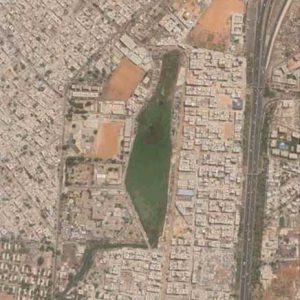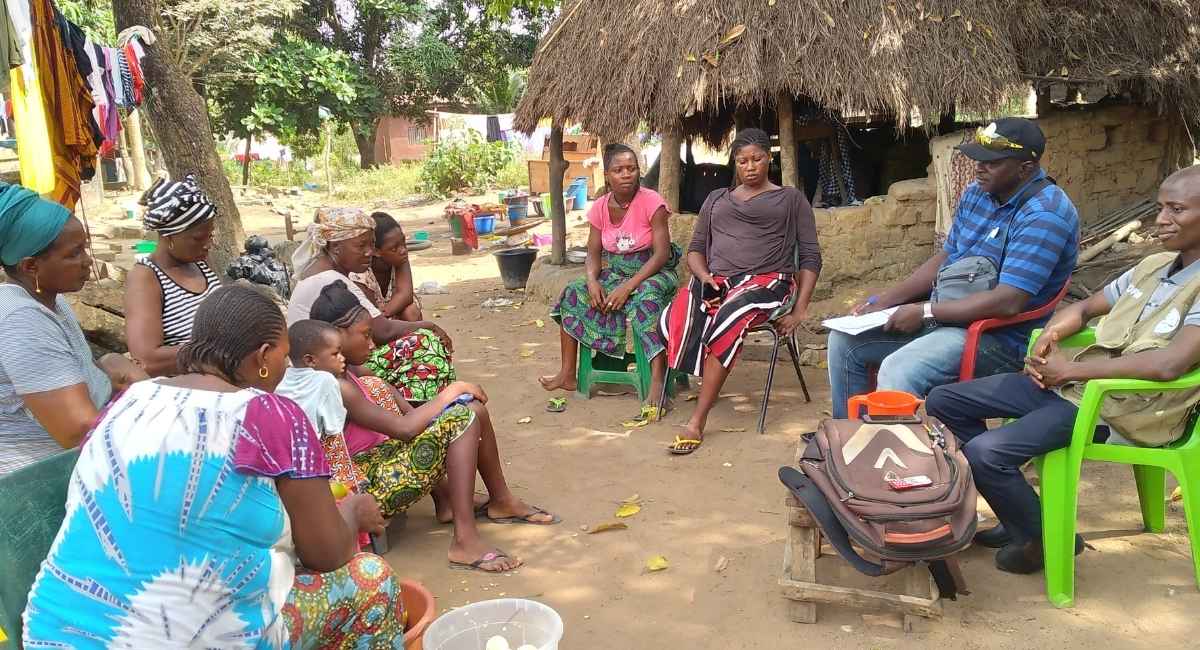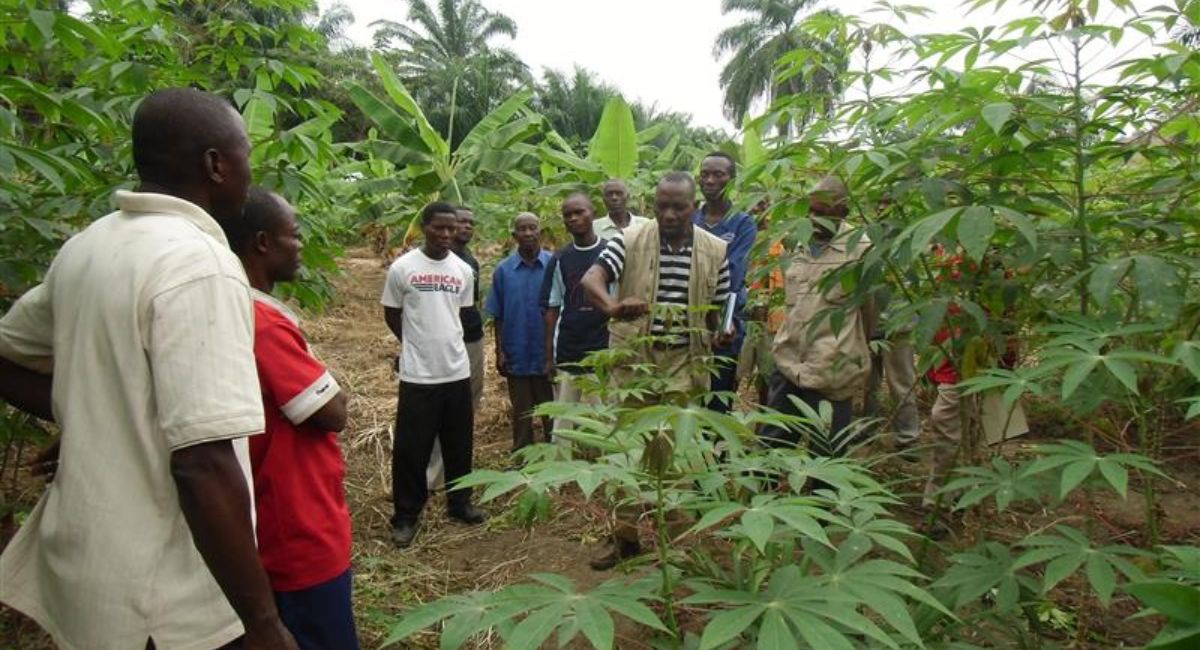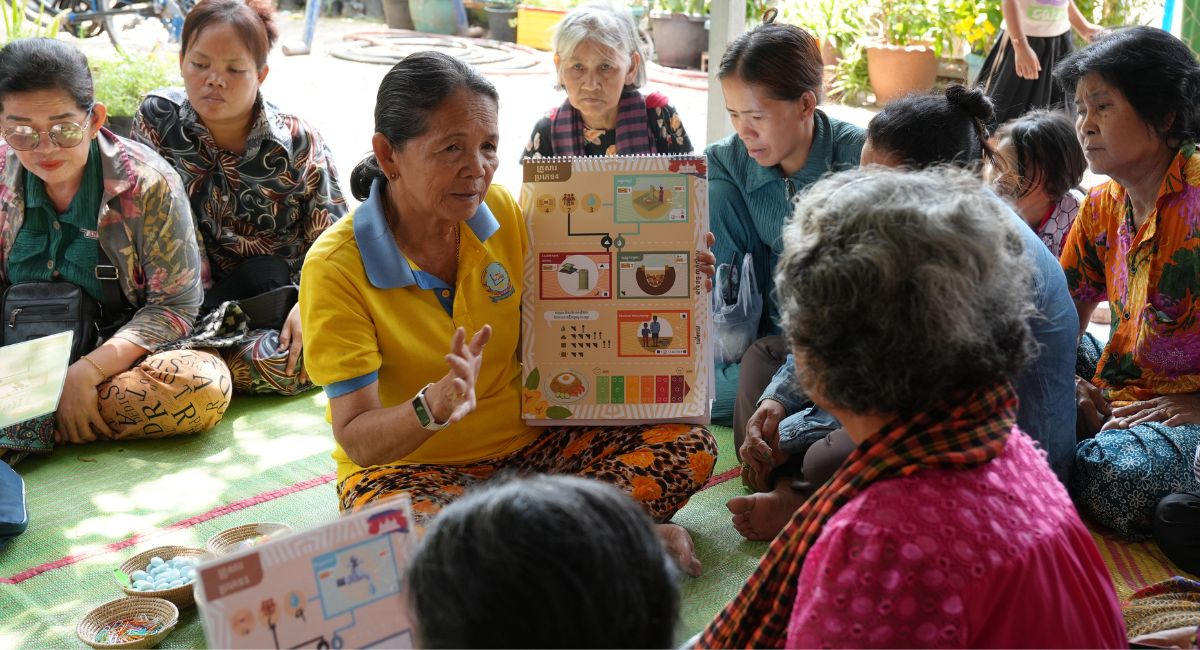Given the increasingly insalubrious conditions in the greater Dakar area, which is experiencing continuous urbanisation, Senegalese president Macky Sall recently recalled the necessity to combat this phenomenon and went so far as to make sanitation and respect of public spaces a national priority. This is the context in which GRET and its partners recently launched several studies on sanitation in the city of Dakar and its suburbs…
A study to rehabilitate the catchment area basin
The catchment area basin, in the commune of Grand Yoff, extends over an area of 7.7 hectares of Dakar city territory. It collects rainwater from several neighbouring communes, as well as significant volumes of waste water being released from illegal connections into drainage channels. Many local residents throw their household waste into the basin, as well as lubricants from informal mechanical workshops or animal carcasses.
This is why the city of Dakar and its partner, the German international development cooperation agency (GIZ), commissioned a study for the rehabilitation of the basin, funded by the Cities Finance Facility (CFF).
The study, conducted by Sepia Conseils and GRET from July to September 2019, puts forward several scenarios to rehabilitate the basin: preventive measures to protect it from misuse, an institutional management scheme, and orientations for landscaping of the area surrounding it. The study, presented in October to the various stakeholders in Dakar, prefigures a large-scale project that should start with indepth technical studies during 2020.
A market and cost-effectiveness study for public lavatories
In August 2019, GRET conducted a market and a cost-effectiveness study commissioned by Oxfam on public lavatories in the greater Dakar area. This study was carried out as part of the “autonomous sanitation in flood-risk areas” component of the Programme for structuring of the sludge emptying market (PSMBV), coordinated by the National sanitation agency of Senegal (ONAS).
The study concluded that by respecting certain conditions for correct implementation, this activity can be cost-effective for private operators while making it possible to provide quality services at prices suited to the resources of the various users – even the most disadvantaged – while benefitting from better inclusion of specific needs relating to gender and handicap.
Several institutional, economic and management models were put forward: a tool to simulate various business plan options, contract templates, and financial management and operations monitoring models.
A feasibility study for the Dakar region autonomous sanitation project
In terms of domestic waste-water management, autonomous sanitation and sludge emptying management value chains are regarded as the most appropriate solution to poorly consolidated urban contexts, i.e. where levels of drinking water consumption are relatively low and where the soil allows part of the infiltration and treatment of liquid releases. However, effective supervision and regulation are prerequisites necessary to ensure compliance with environmental and sanitation standards.
Since 2012, via the Programme for structuring of the sludge emptying market, Senegal has been developing support to the private autonomous sanitation and sludge emptying management sector and has drawn up strategy documents such as the National programme for sustainable development of autonomous sanitation in Senegal (PNDDAA).
This is the context in which ONAS and its partners – Agence française de développement (AFD) and the Bill et Melinda Gates Foundation – jointly awarded the feasibility study for the future Dakar region autonomous sanitation project to GRET and Hystra.
The objective of this study, which was launched in August, is to provide better knowledge and understanding around demand and supply of sanitation services in the greater Dakar area, which will make it possible to target communes where the project will be implemented, to define activities according to current and future needs, and propose appropriate methods of intervention.






